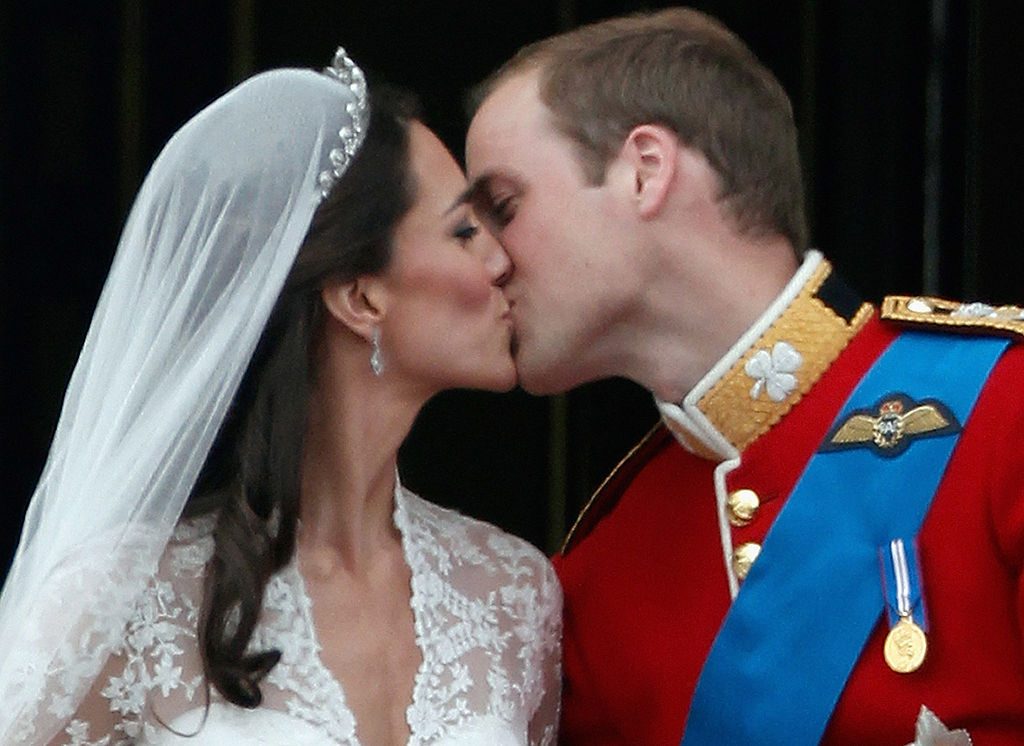Many years ago, for reasons I cannot now recall, some newspaper aired a series of vox pops asking youngish children what they thought about marriage. I have never forgotten the answer given by one little lad, who cannot have been much more than eight or nine. “Marriage is good,” he announced, “because it’s hard to get out of.” He had wisdom beyond his years, that boy. Part of the value of marriage is indeed that it is a significant and demanding commitment to a particular person and a particular pattern of life.
I thought of that comment when I saw the latest bad news about marriage. The Telegraph reports that Church of England (CofE) weddings now make up only one in 10 of all opposite-sex ceremonies. This is not simply a matter of the CofE’s declining relevance to young people; the national marriage rate has been in decline for over half a century now. The annual number of marriages has more than halved since 1970, even though the population has grown by around 20% since then.
Even for those who have no moral or religious investment in marriage per se, the ongoing decline of the institution should be a concern. This is because binding yourself to another person, by law and custom, as a public act, in front of witnesses, is a profoundly counter-cultural act in a relentlessly “liquid” age. The idea of “liquid modernity” was coined by the Polish academic Zygmunt Bauman, as a way to describe the contemporary situation where institutions, values, personal identities and economic arrangements are in constant flux, with the result that individuals struggle to achieve stability and contentment. “All that is solid melts into air”, as Marx put it in The Communist Manifesto.
In Britain in 2025 there are unmistakable signs of this instability and disruption. There is no longer really a mass culture, with audiences fragmenting. Visual entertainment, in the form of streaming, YouTube and TikTok, is increasingly globalised. Volunteering appears to be in decline and many people are retreating to the easy dopamine hits of the digital world, with the average Briton spending more than 7.5 hours per day staring at screens. Huge amounts of our lives, from banking to shopping to filing tax returns and buying train tickets, are now online, carried out in a frictionless and solitary way with no human interaction required. Even dating has reportedly become a minefield of mutual incomprehension.
Marriage stands against all this. It is an inescapably concrete set of vows to a specific person — a real, flawed human whom you need to understand and cherish and live with, and with whom you learn the art of compromise. It gives you, ideally, a place to stand and a source of strength and consolation in a constantly shifting world. It is not virtual; it is not a performance. Of course, that is what makes it a scary prospect for many people. It means definitively choosing one person, one life — and not another. It forces us to reject the myth that we can permanently keep our options open.
It remains to be seen whether we will ever see a large-scale return to marriage, as an antidote to the shifting sands of modernity. Perhaps not. But churches should make marriage a key part of their appeal to a younger, atomised generation. This might seem “out of touch” now, but it will always be important for some institutions in society to plant their flag in defence of permanence.











Join the discussion
Join like minded readers that support our journalism by becoming a paid subscriber
To join the discussion in the comments, become a paid subscriber.
Join like minded readers that support our journalism, read unlimited articles and enjoy other subscriber-only benefits.
Subscribe